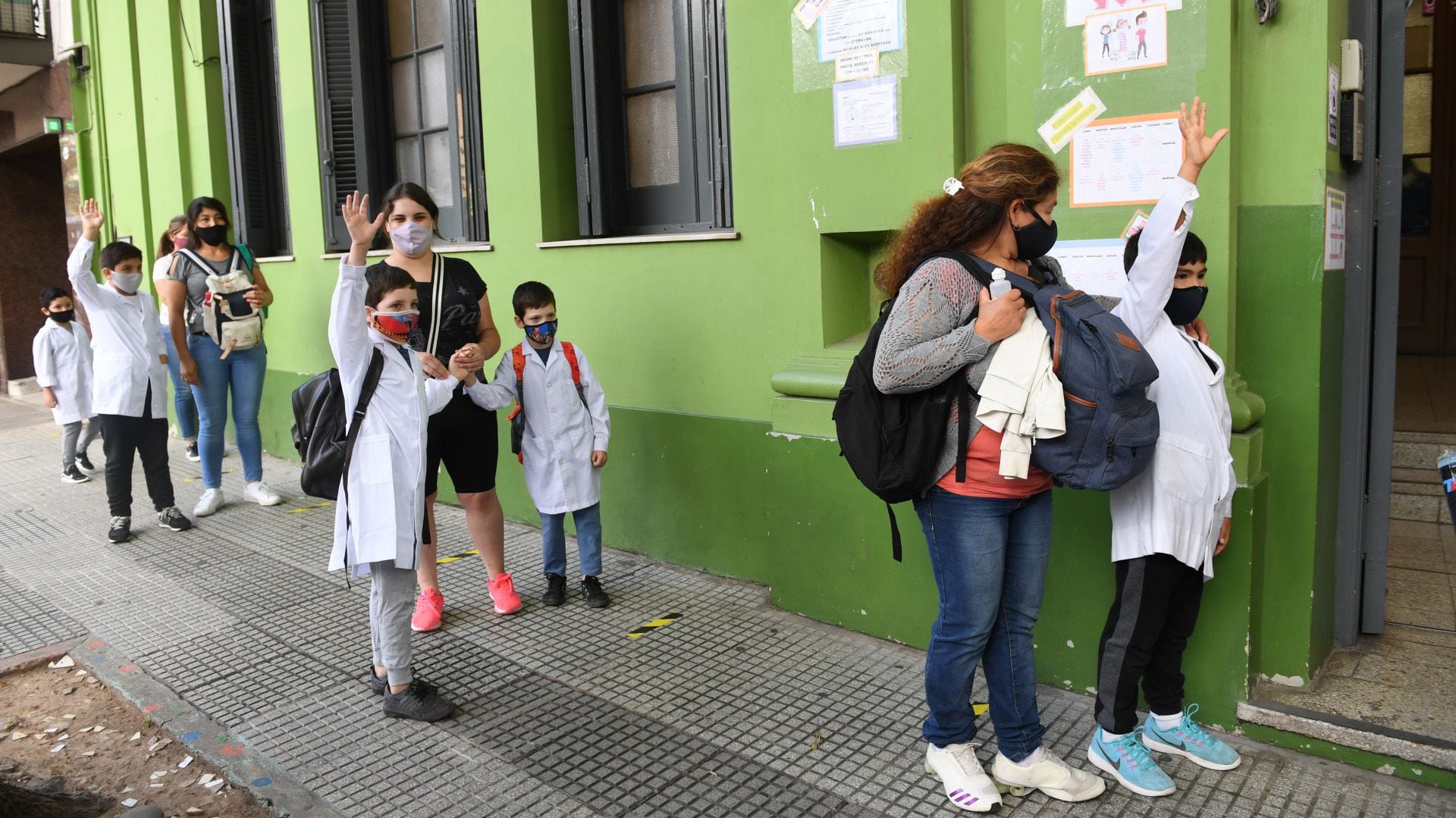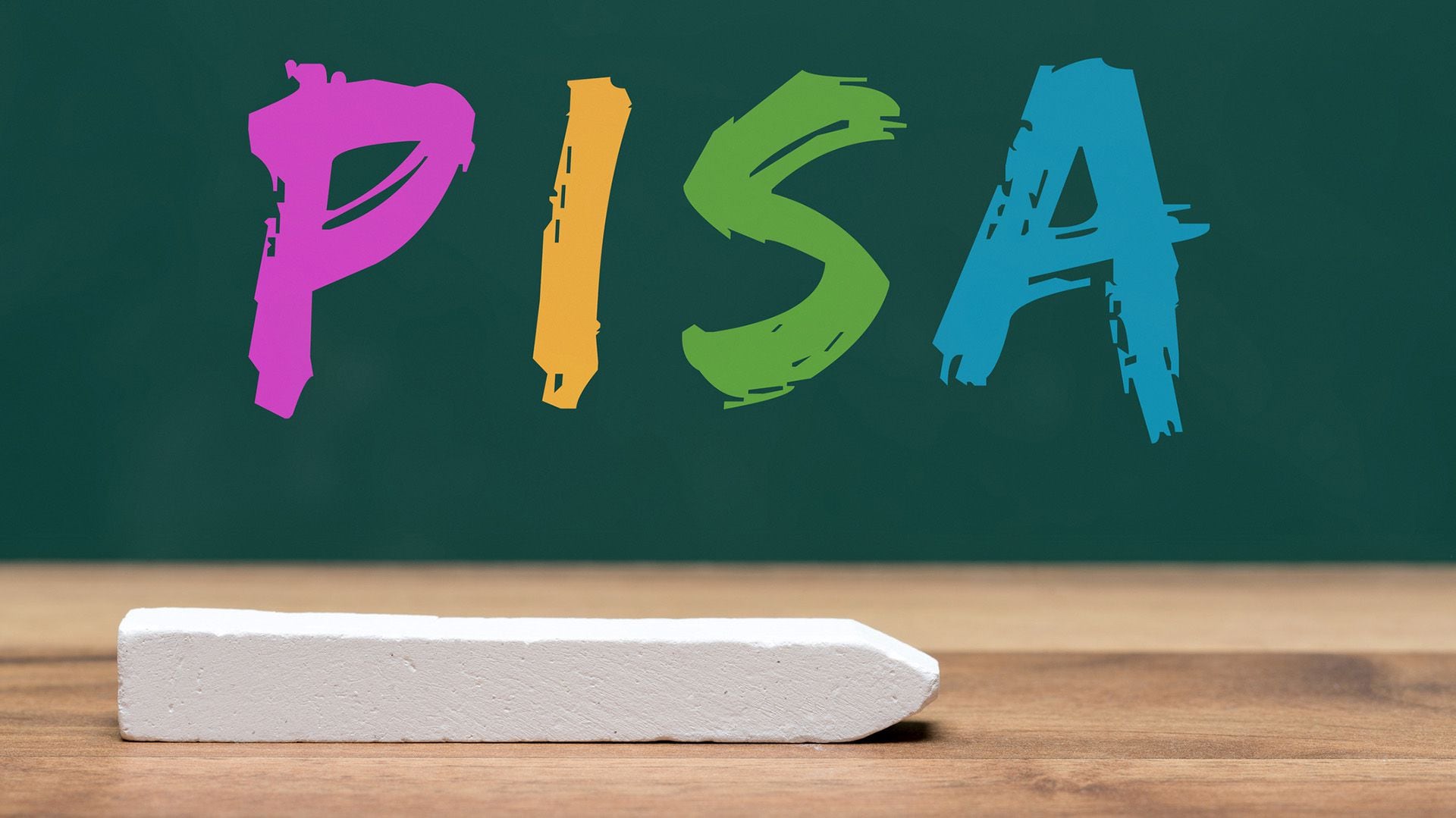
The Ministry of Health of the Nation reported this Sunday, March 20, 2022 that, in the last 24 hours, 11 deaths from coronavirus were recorded and this is the lowest figure of the year. They also reported 1,227 infections. Thus, the total number of cases since the beginning of the pandemic rose to 9,007,753, while deaths total 127,494
After the City of Buenos Aires announced that it would stop requiring the use of the mask in all schools, yesterday, the Director General of Culture and Education of the province of Buenos Aires, Alberto Sileoni, noted that in Buenos Aires, “they follow the guidelines of the Federal Health Council (COFESA)” on health care in the classroom and stated that until now “there is nothing new with the use of a mask”.
“I don't get involved in the decisions of other jurisdictions, we follow COFESA's guidelines,” the minister said when he was consulted on Radio Rebelde about the Buenos Aires government's decision to remove the mandatory wearing of a mask in schools in the City of Buenos Aires. In this regard, he indicated that in the territory of Buenos Aires, it is the Ministry of Health that is setting the way and that, as an education authority, he is “very satisfied with the route”.
“At this point around 1,800 schools have been vaccination sites for boys and girls aged 3 to 11. For now, all preventive precautions are held in schools,” added Sileoni.

According to the Federal Health Council (COFESA), both the committee of experts that advises the Ministry of Health of the Nation, and the Health Education working group, in which the Pan American Health Organization, the Argentine Society of Pediatrics and UNICEF participate, have recommended continuing the mandatory use of mask, including school settings given the time of year and the possible concomitant circulation of different respiratory viruses.
Sileoni also referred to the strategies launched by the educational portfolio to encourage the school reconnection of students who, due to the pandemic, dropped out of school, and argued that at first there were “around 278,000 young people” outside the education system and that currently “there are about 62,000 in secondary school and 8,000 of them primary”.
“The task of going to look for them continues and the program that will be called Accompaniment to the Trajectories and Relinking with Full Presence will work on strengthening learning,” Sileoni said and explained that, these days, they are facing two problems: “Those who left and those who went through the pandemic without learning everything they we had to learn”.
When asked about school assessments and the Pisa Report, which is the international program for the evaluation of students, Sileoni stressed the importance of “evaluating the education system”, but indicated that they disagree with “the Pisa consortium because of the testing business, methodological problems and not taking over the political interpretation that the evidence ends up producing”.

The minister announced that in this academic year specific tests will be given to third grade students, who passed first and second grade in the pandemic, and those in sixth grade to see in what condition they enter secondary school.
Towards the end of the interview, Sileoni referred to teacher training and said that “one of the keys to the proper functioning of an education system is the transmission of knowledge. “For that, the initial training of teachers is essential, and then constant training when they are already teachers,” she said and assured that from the educational portfolio they are “revitalizing higher education a lot and now we are discussing curricular redesign.”
KEEP READING:
Últimas Noticias
Debanhi Escobar: they secured the motel where she was found lifeless in a cistern

The oldest person in the world died at the age of 119

Macabre find in CDMX: they left a body bagged and tied in a taxi
The eagles of America will face Manchester City in a duel of legends. Here are the details

Why is it good to bring dogs out to know the world when they are puppies



